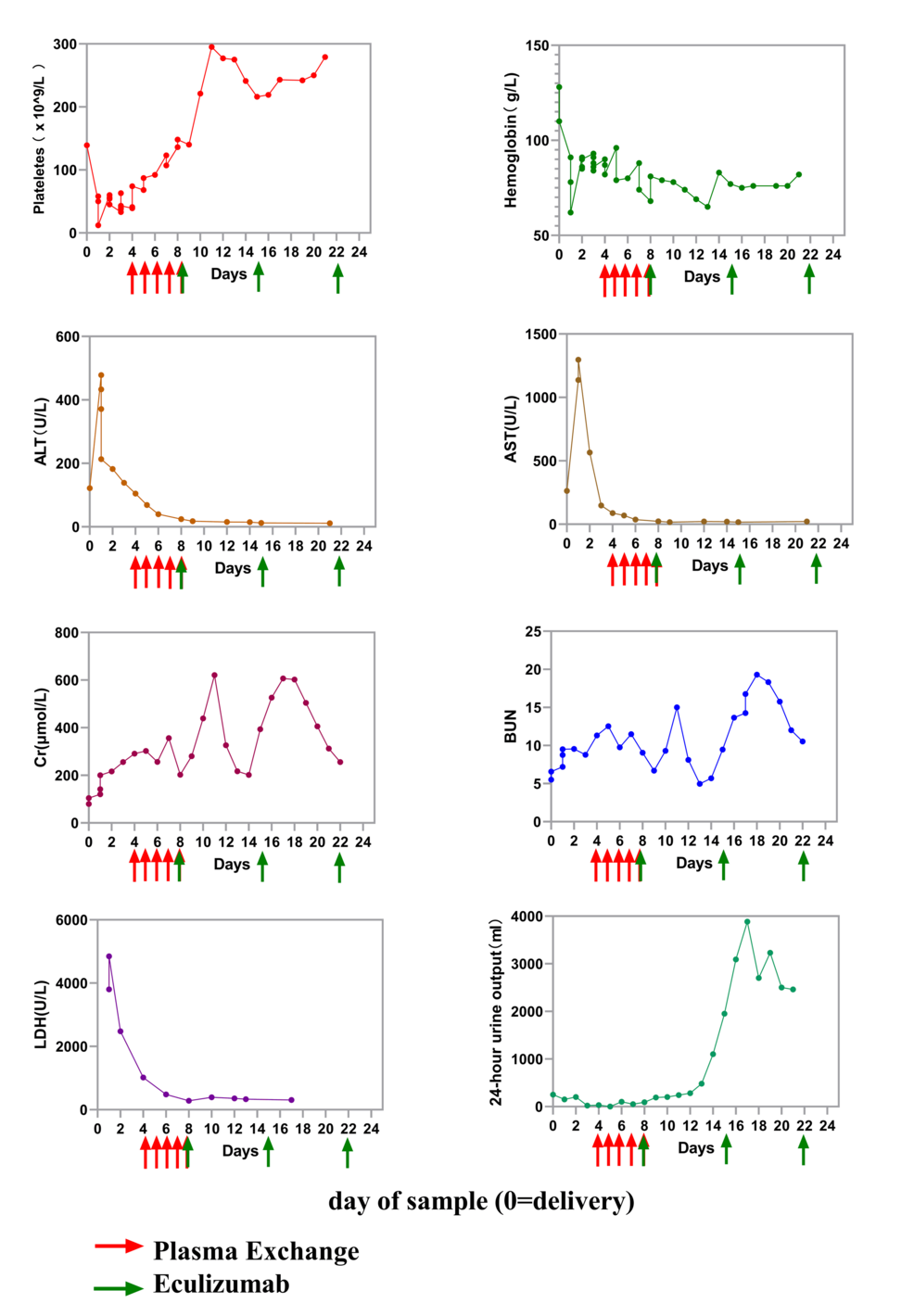Is Creatine the Secret Weapon You’ve Been Missing? Find Out Now!

HOOK: Think creatine is just hype? Think again! This popular supplement might just be the game-changer your fitness routine needs.
Creatine, a natural compound stored primarily in our muscles and a bit in our brains, is making waves in the fitness community. Most of us use about 1–3 grams of creatine daily, produced by our bodies and supplemented by protein-rich foods like red meat and fish. But the real question is: can those trendy influencers on social media be right about its incredible benefits?
When it comes to athletic performance, research shows creatine enhances short bursts of strength, speed, and power. It works by helping muscles recycle energy faster, giving everyone from elite athletes to everyday gym-goers a competitive edge. Imagine being able to push through those last few reps or sprint a little faster on the track—that’s what creatine promises.
But it doesn't stop there. For older adults, combining creatine with resistance training can lead to significant muscle gain and improved strength. In fact, a review encompassing 22 studies found that participants aged 57 to 70 experienced an average muscle mass increase of 1.4 kg. However, the research is still mixed when it comes to bone health—some studies show promise, while others do not.
Now, let’s talk about brains! Recent studies have shown that creatine may have cognitive benefits, particularly for memory, attention, and processing speed, especially in older adults and women. One review analyzed 16 studies and suggested that supplementation had positive effects across various conditions, including cognitive impairments. While the potential brain-boosting benefits are exciting, it’s important to note the evidence isn’t as strong for younger adults outside of performance enhancement.
As for safety, creatine supplements are generally recognized as safe, but mild side effects like stomach upset and temporary water weight can occur. It’s also crucial to consider that its effects haven’t been well-studied in pregnant individuals or those with certain health conditions, so consulting a healthcare professional before starting any new supplement is wise.
So, if you’re considering diving into the world of creatine, the best advice is to stick with creatine monohydrate—proven effective, and you don’t need to splurge on fancy brands. Track your results over 4–8 weeks. If you don’t notice changes, it might just be time to pocket that cash instead!


















